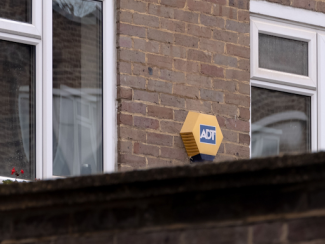
In 2022, Ohio police raided the home of musician Afroman and his wife, who recorded it along with their home security systems. But when he included the footage in his music videos, the officers sued - ironically, for invasion of privacy and emotional distress.
But what does this mean for all of us?
In 1981, police conducted about 3,000 no-knock raids. That yearly number skyrocketed to over 50,000 by 2005. Some victims of these raids, like Breonna Taylor, didn’t survive. Others, like Chicago’s Anjanette Young, lived to see cops disrupt more Black lives.
And lived to fight it.
Though officials voted against the Anjanette Young Ordinance in 2022, it was designed to require risk assessment and prevent officers from traumatizing children during raids. In Young’s case, armed police entered her home while she was naked.
A raid isn’t just for seizing “evidence.” It’s brutal surveillance.
The upset over recording a police raid pales in comparison to the danger cops present to our privacy and safety anywhere we are.
As technology advances, phone tracking devices and facial recognition cameras follow us outside. Militarized police can observe you before breaking into your house.
Regardless of legality, this country gives police the power to violently surveil and abuse us. But we aren’t just sitting ducks. Because while they’re watching us, we’re watching them.